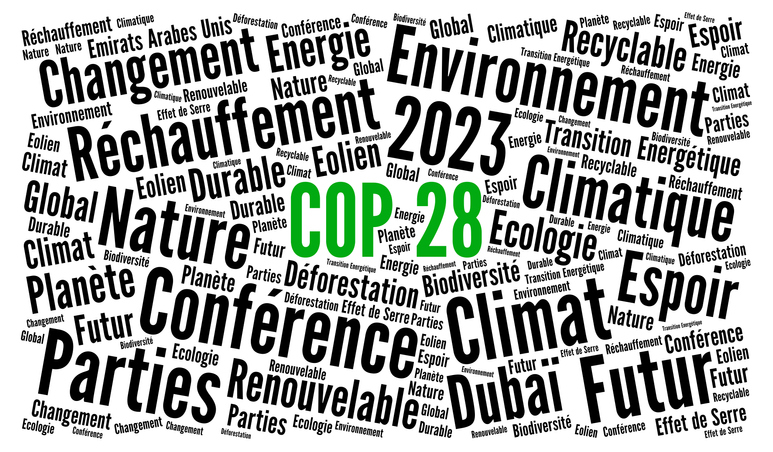Breakthrough deal on Loss and Damage:What next for COP28?
December 4, 2023
The Global Stocktake, the report card on climate action for parties (countries), is shaping up to be the fight of COP28.
What might look like a technical exercise: either we are, or we are not consistent with 1.5, is anything but. Instead, the assessment must go through the conference floor to be accepted and agreed to by every party. This means every party has a veto on the outcome of the Global Stocktake.
At the opening ceremony for COP28, delegates from nearly every country, alongside industry groups some more welcome than others joined NGO representatives and the world’s media to mark the handing over of the presidencies from Egypt to the UAE.
By midday, surprising leaks hinted that the highly contentious Loss and Damages Fund might be adopted early into the COP, confirmed later in the afternoon.
The formalities started against the backdrop of the now-confirmed hottest year on record. The pressure on negotiators to deliver a significant outcome was palpable. And, all eyes were on COP28 president Al Jaber, who not days prior made headlines for using the negotiations to push for oil deals with other countries allegations he forcefully denies.
This COP has been billed as a COP with a difference, and hosted by a petrostate who used the opening speech to include fossil fuels, that is terribly clear. However, the early success of the Loss and Damages Fund, has made this COP hard to pin down, despite some pre-emptive commentary.
Like any good event, COP28 has its headlines: a trebling of renewable energy by the end of the decade, a review of global efforts to mitigate the climate crisis, and no surprises here, “we are severely off track”, says UN Executive Secretary of Climate Change, Simon Stiell.
Adopting the loss and damages is a big win, although many Global South negotiating teams had to compromise on key issues to get the deal across the line.
The Loss and Damages Fund was top on the watchlist for many, but now the decision has been gavelled on the first day. What else is there for COP28?
What is the Global Stocktake?
The Global Stocktake, the report card on climate action for parties (countries), is shaping up to be the fight of COP28.
It is all good to announce intentions and promises, especially on a big stage in front of all your peers, but the Global Stocktake, despite some wordestry, will inevitably show how parties are progressing towards the Paris Agreement’s 1.5 Celsius target. And there is no hiding from reality.
The reality is that, under the Paris Agreement, the world needs to reduce emissions by 43% by 2030 from the 2019 baseline. However, current estimates project only a 2% reduction, according to a UN report released this month.
The Global Stocktake is ideally a course correction. Under the Paris Agreement, countries set their own policies to hit 1.5 degrees Celsius, and 2023 was marked as the year that we all looked at each other’s work.
What might look like a technical exercise: either we are, or we are not consistent with 1.5, is anything but. Instead, the assessment must go through the conference floor to be accepted and agreed to by every party. This means every party has a veto on the outcome of the Global Stocktake.
As the heads of state take to the podiums for their final remarks on Sunday, their ministers will remain in Dubai to hash out the wording of the Global Stocktake. This is where the nitpicky aspect of COP, which we all love, dominates negotiations, arguments over the placement of a comma, or whether to phaseoutor phasedownfossil fuels, and this year’s word to watch: ‘unabated’.
